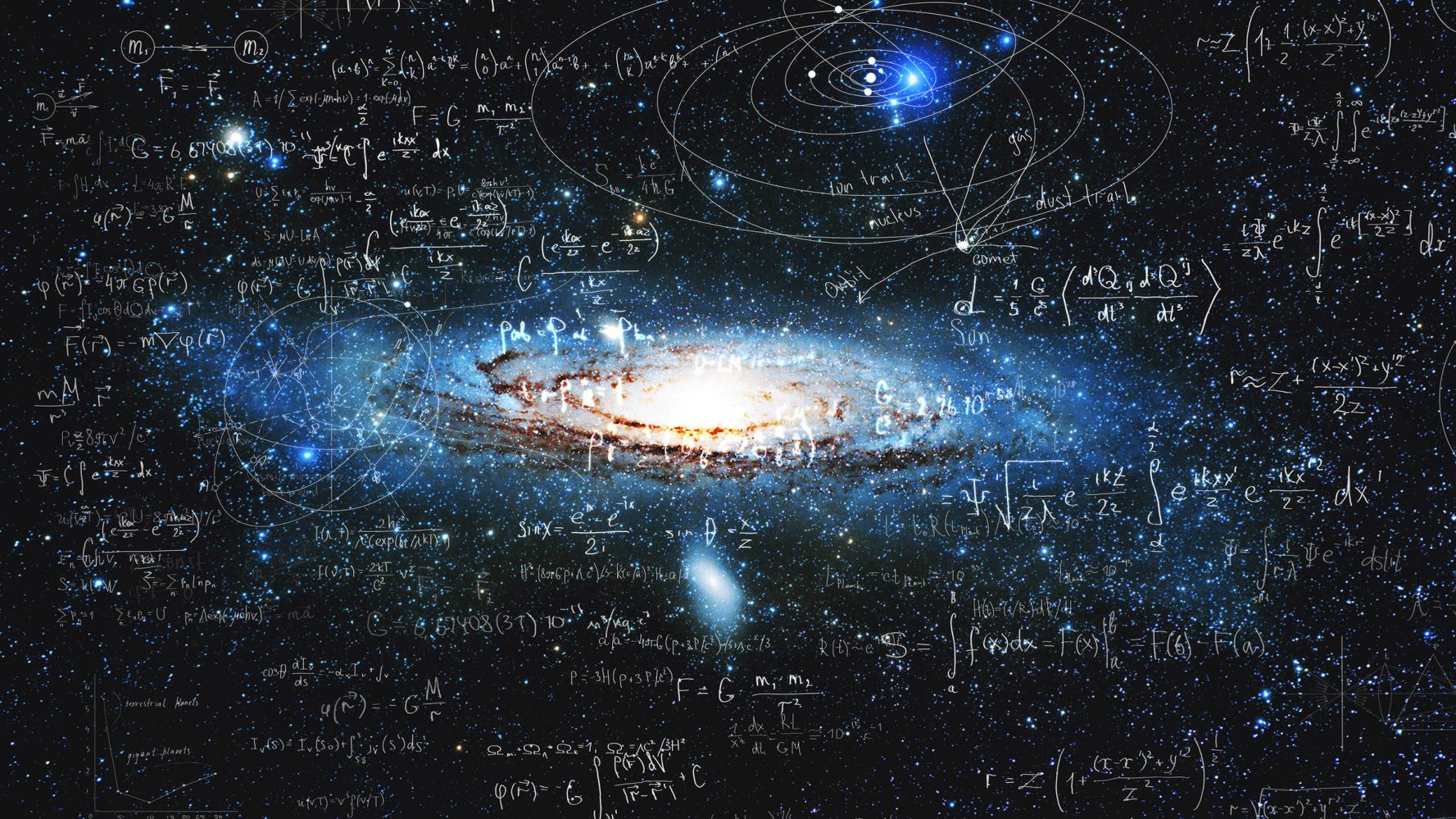Now Reading: Physicist Explores Gravity as Possible Clue to Simulation Theory
1
-
01
Physicist Explores Gravity as Possible Clue to Simulation Theory
Physicist Explores Gravity as Possible Clue to Simulation Theory

fast Summary:
- Physicist Melvin Vopson from the University of Portsmouth proposes a theory that gravity may be evidence of the universe functioning as a simulation.
- He suggests gravity is not pulling objects together but compressing details to organize matter efficiently, akin to how digital systems minimize storage load.
- Vopson’s study posits that space-time could be composed of pixel-like digital bits, perhaps manipulated by algorithms similar to those in computational systems.
- This idea builds on his “second law of infodynamics,” which diverges from thermodynamics by proposing information entropy can decrease-a concept resembling simulated environments more than physical ones.
- In previous work, vopson has theorized that information might possess mass and physical properties, treating particles as data storage units akin to DNA’s role in biology.
- The concept is speculative and does not definitively prove we live in a simulation but highlights choice theories around unexplained phenomena like gravity.
Stay Informed With the Latest & Most Important News
Previous Post
Next Post
Loading Next Post...

























